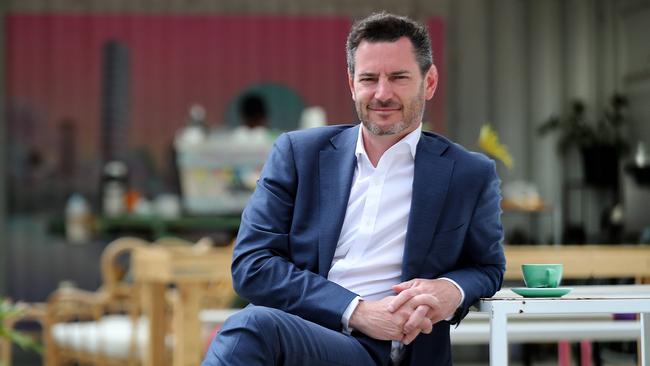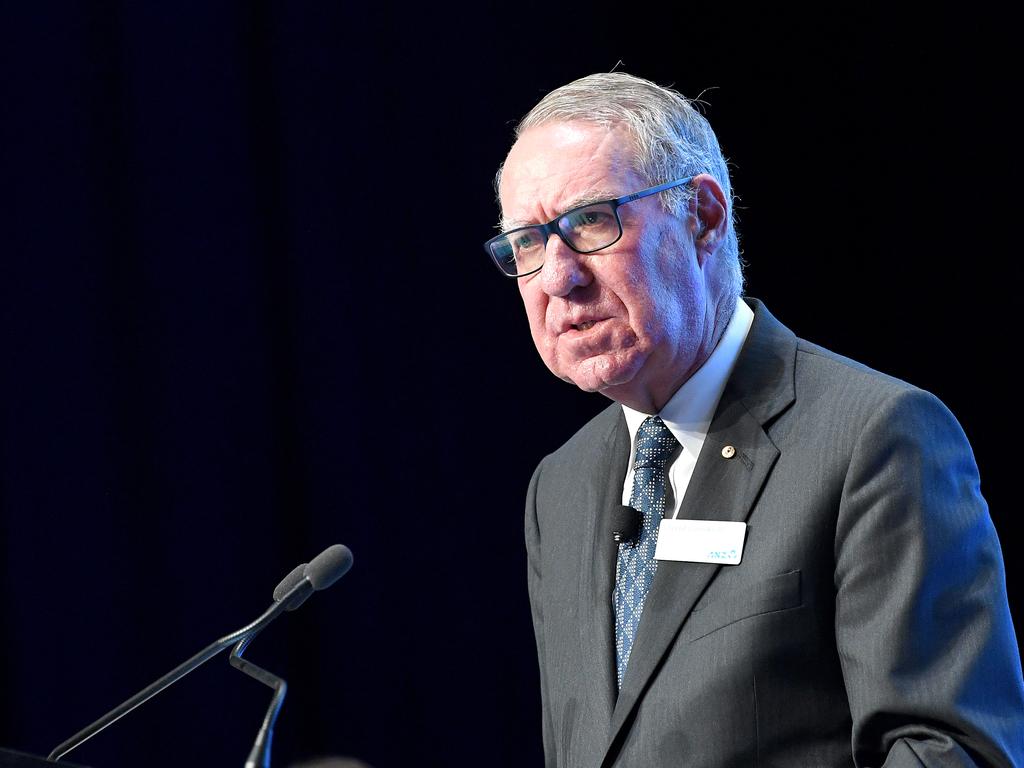Interest growing in BNPL as new banks see investor support drop
There is no doubt that scale and incumbency have favoured the big four banks over neo banks, but they face a different threat to the bank customer base.

Last week, Xinja handed back its banking licence in Australia after investor support for new banks fell away during COVID-19.
There is no doubt that scale and incumbency have favoured the big four banks over neo banks, but they face a different threat to the bank customer base.
Buy now, pay later has flourished in 2020 and is eating into the bank credit card business with gusto.
The response from each of the big four has been fascinating.
CBA and Westpac have chosen to join forces with the competition. CBA has a 5.5 per cent stake in Swedish BNPL Klarna which is making a splashy scandi pink push into the Australian market over Christmas. Westpac, which began with a holding in Zip, changed horses suddenly in October, selling out and then partnering with Afterpay which will offer banking services white-labelled by Westpac.
Zip chief executive Peter Gray says banks are looking to claim a share of the millennial and new generation market.
“They are obviously struggling to build relationships with that cohort of customers. How that works out for them with the speed that they operate remains to be seen. Obviously we’ve had a taste of some of that with Westpac; we wish the other competitors luck.”
Interestingly NAB and ANZ have chosen to stay away from BNPL, but two of the four, NAB and CBA, are now offering no-interest credit cards with a fee, to compete with the BNPL offering.
As buy now, pay later becomes more and more of a force in finance, the question for 2021 is: should it fall under the Credit Act as responsible lending?
I asked three bank leaders for their opinion.
“We will leave that to the regulators but you’ve got to say, is it a credit tool?” NAB chief Ross McEwan said. “If you are allowing customers to take the goods away now without actually having paid for them, it sounds like credit to me.”
Westpac’s Peter King, who is riding the BNPL wave, was more nuanced. “I think that is an open question from a credit perspective and a payments perspective.
“Everyone is very focused on the Afterpay transaction but if I step back it’s about banking as a service. There are more banks than Westpac that are going to offer that service. Some are closer than others, and customers are certainly looking to interact with financial services companies in different ways.”
David Gonski, who stepped down from the chairmanship of ANZ in October, believes some sort of responsibility is incumbent on lenders.
“I think if you looked at the figures, and I have seen them, more people who go into a BNPL situation as effectively a borrower think it is interest free.
“Well of course it can’t be interest free, it doesn’t work, even at low rates of interest. It can’t be interest free.
“At the moment it is not an enormous part of the borrowing and lending situation, but I believe over time it’s got to be well looked at, and I think policed, to make sure that it’s done properly.”






To join the conversation, please log in. Don't have an account? Register
Join the conversation, you are commenting as Logout